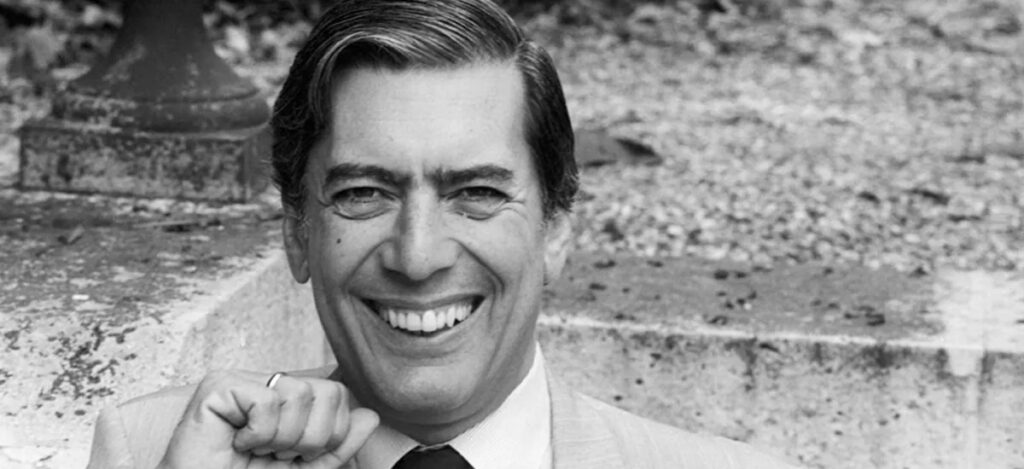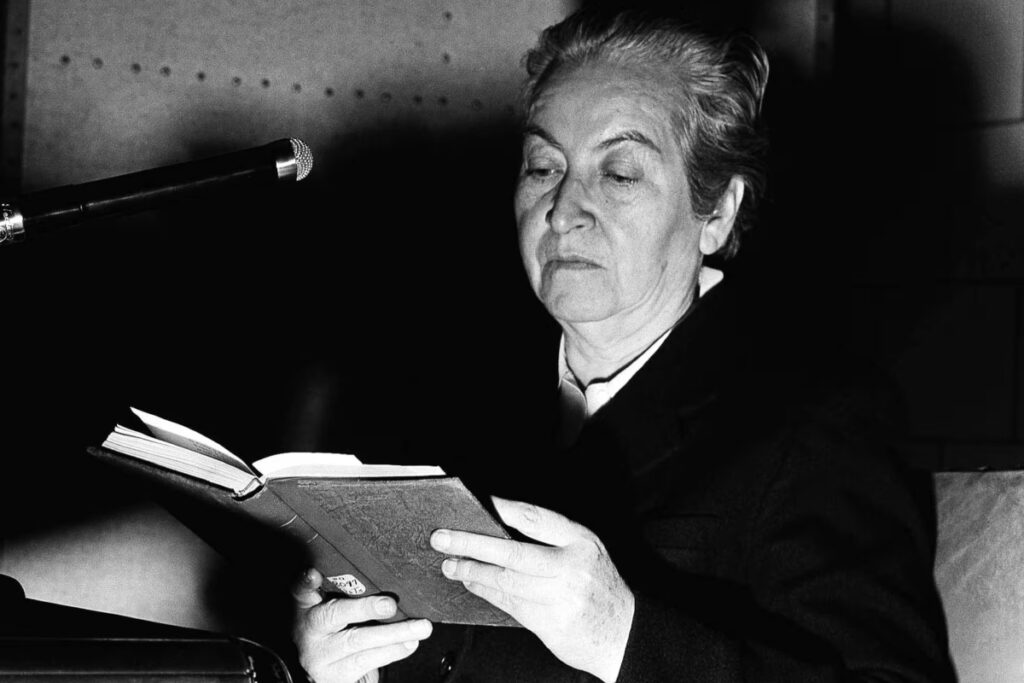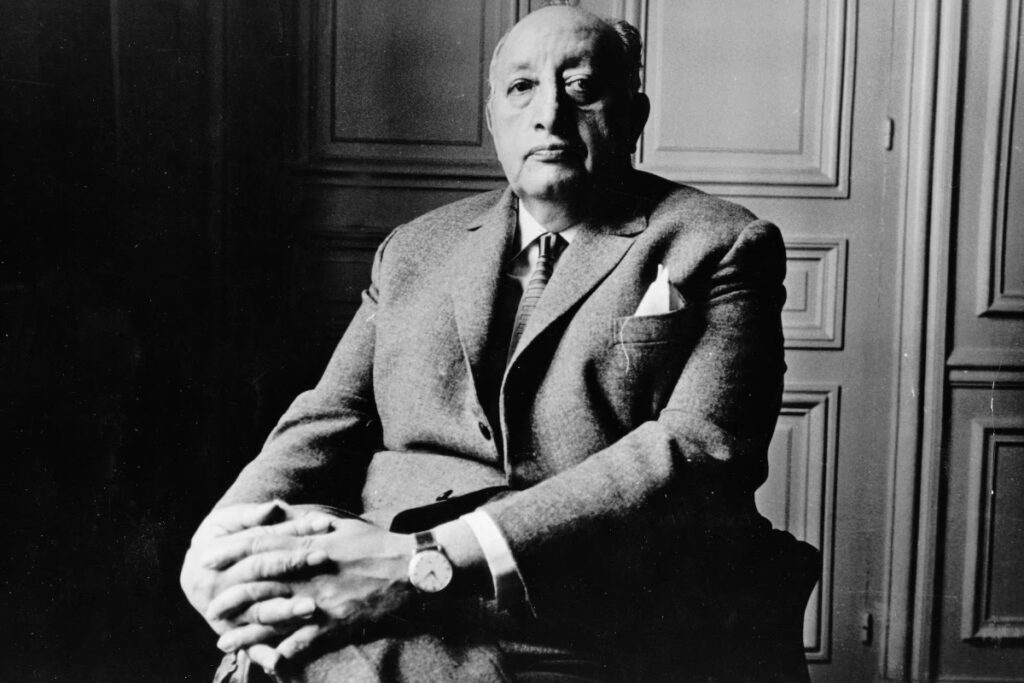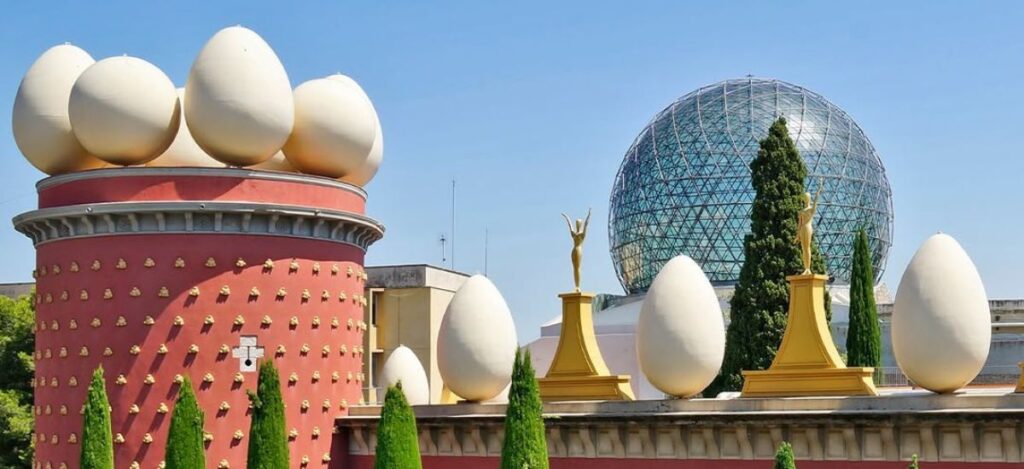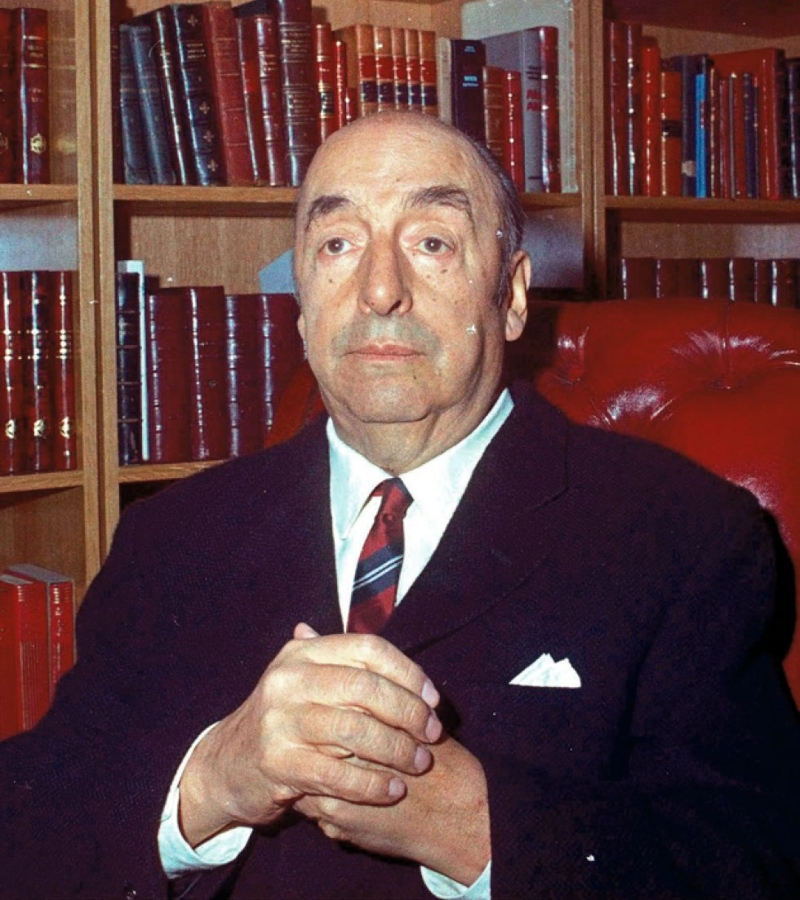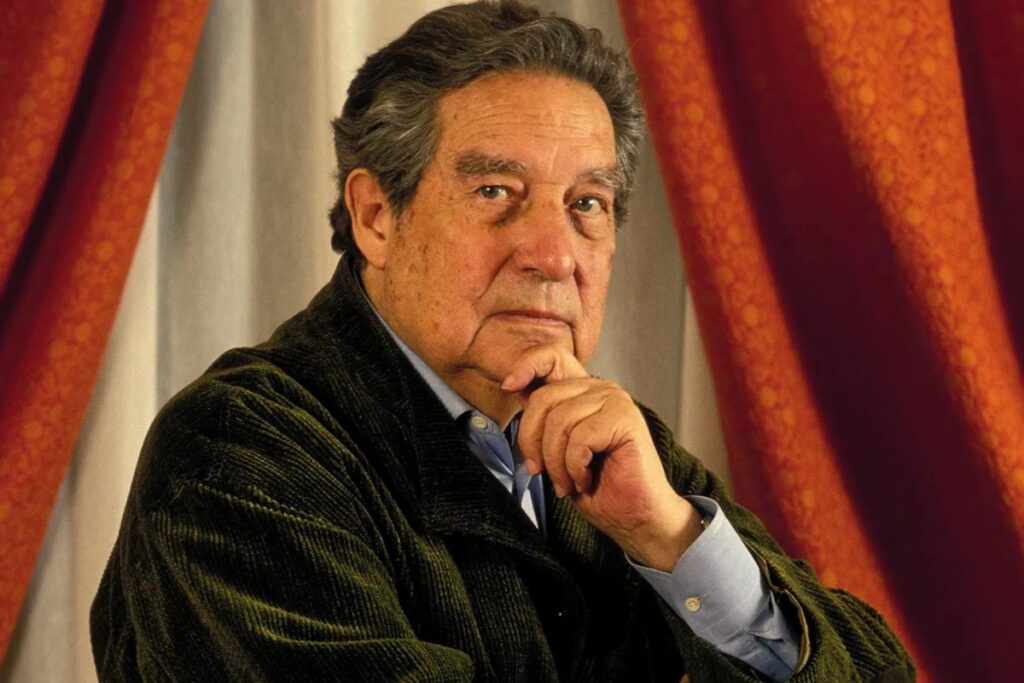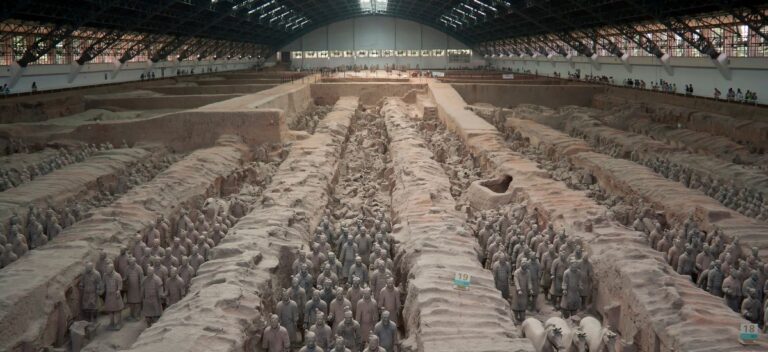Winning the Nobel Prize in Literature is not only a personal accolade but a recognition of an entire region’s rich storytelling heritage for latin american writers.
Latin America’s unique political and social backdrop has given birth to literature that is at once visceral and intellectual, personal and universal.
The writers who rose to international fame did so by anchoring their voices in the soil of their homelands, while simultaneously addressing the universal condition of humanity.


